Discover the Women of the Hall
These are the Inductees of the National Women’s Hall of Fame. Select any of the women to discover their stories and learn how they have influenced other women and this country.
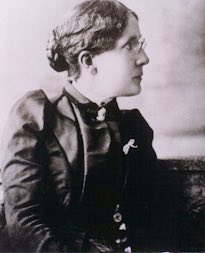 Frances E. Willard
Humanities
1839
New York
2000
Frances E. Willard
Humanities
1839
New York
2000

Frances E. Willard
As second president of the Women’s Christian Temperance Union (WCTU), she led the largest organization of women in the United States. The WCTU provided a base for the 20th century women’s rights movement, supporting, in addition to women’s suffrage, broad social reforms such as equal pay for equal work, the eight hour day, and the protection of women and children in the workplace.
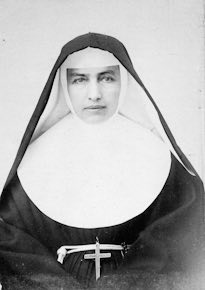 Mother Marianne Cope
Humanities
1838
Germany
2005
Mother Marianne Cope
Humanities
1838
Germany
2005

Mother Marianne Cope
As a Sister of the Third Order of St. Francis, Mother Marianne Cope worked for several years in Syracuse, New York, helping to found St. Joseph’s Hospital. In 1883, she went to Kalaupapa, Hawaii where she spent thirty years ministering to those with leprosy. While in Hawaii, she worked hand in hand with Father Damien during the last part of his life.
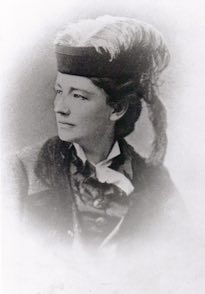 Victoria Woodhull
Humanities
1838
Ohio
2001
Victoria Woodhull
Humanities
1838
Ohio
2001

Victoria Woodhull
A 19th century reformer, Victoria Woodhull established a reputation as a radical freethinking reformer. She was a suffragist, author, political activist, and the first woman to run for President of the United States (1872).
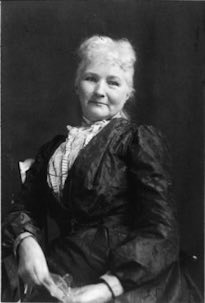 Mary "Mother" Harris Jones
Humanities
1837
Ireland
1984
Mary "Mother" Harris Jones
Humanities
1837
Ireland
1984

Mary "Mother" Harris Jones
Labor organizer and agitator who was a major figure in the American labor movement. For decades, Jones spoke out and organized for social justice for workers. She worked on behalf of the United Mine Workers and other groups.
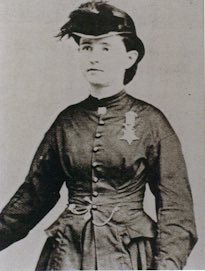 Mary Edwards Walker
Philanthropy, Science
1832
New York
2000
Mary Edwards Walker
Philanthropy, Science
1832
New York
2000

Mary Edwards Walker
First female surgeon in the U.S. Army, she continually crossed the Confederate lines to treat civilians. After being taken prisoner in 1864 and imprisoned in Richmond, she was awarded the Congressional Medal of Honor, the first woman to receive this award. In 1917, her medal, along with 910 others, was taken away when Congress revised the standards to include only “actual combat with the enemy.” She refused to return the medal, wore it until her death, and it was finally awarded to her posthumously.
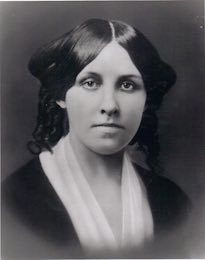 Louisa May Alcott
Arts
1832
Pennsylvania
1996
Louisa May Alcott
Arts
1832
Pennsylvania
1996

Louisa May Alcott
Author who produced the first literature for the mass market of juvenile girls in the 19th century. Her best-known work, Little Women, has appeared continuously in print since its first publication in 1868-69.
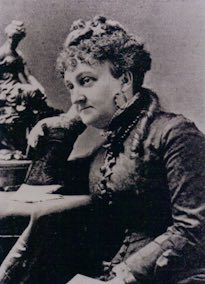 Myra Bradwell
Government
1831
Vermont
1994
Myra Bradwell
Government
1831
Vermont
1994

Myra Bradwell
America’s first woman lawyer. When denied permission to practice law in Illinois (despite passing the bar examination) because of her gender, she began publishing The Chicago Legal News, a very successful legal journal. When the laws changed in 1892, Bradwell was admitted to practice in Illinois and in the U.S. Supreme Court.
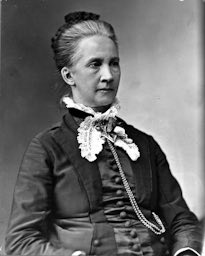 Belva Lockwood
Government
1830
New York
1983
Belva Lockwood
Government
1830
New York
1983

Belva Lockwood
First woman to practice law and argue a case before the U.S. Supreme Court (1879). Lockwood became a lawyer when she was 40 and used her knowledge to help secure women’s suffrage, property law reforms, pay equity and world peace. She helped open the legal profession to women.
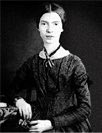 Emily Dickinson
Arts
1830
Massachusetts
1973
Emily Dickinson
Arts
1830
Massachusetts
1973

Emily Dickinson
One of the world’s greatest poets. A New England woman who spent much of her life in one small community, her world vision and innovative style has had a lasting impact on literature.
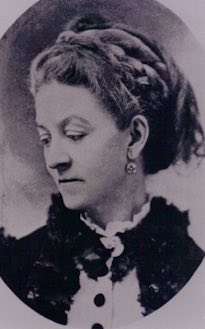 Jane Cunningham Croly
Arts
1829
England
1994
Jane Cunningham Croly
Arts
1829
England
1994

Jane Cunningham Croly
Journalist and driving force behind the American Club women’s movement that inspired thousands of women into a wide range of social reform activities. Probably the nation’s first woman syndicated columnist, Croly was also the founder of the General Federation of Women’s Clubs.
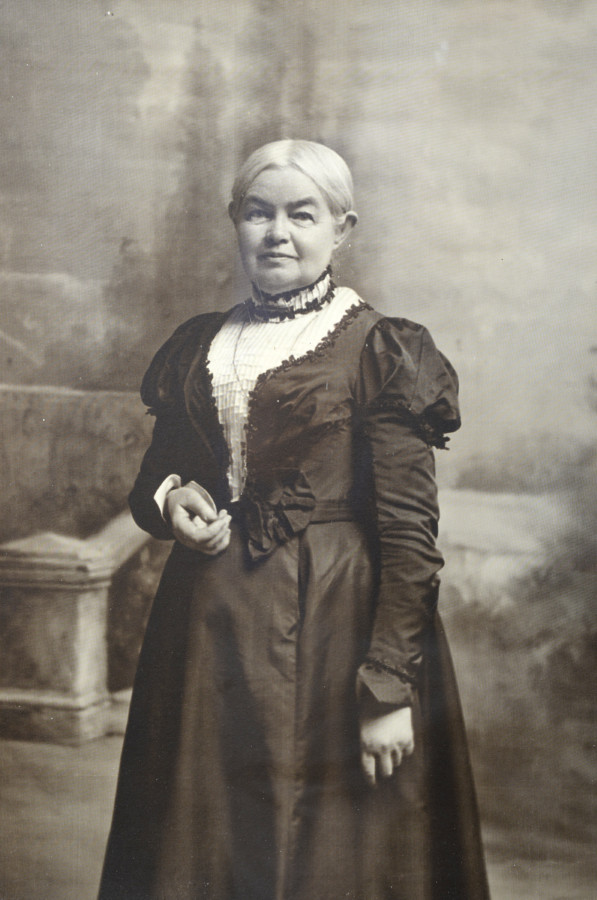 Emily Howland
Humanities
1827
New York
2021
Emily Howland
Humanities
1827
New York
2021

Emily Howland
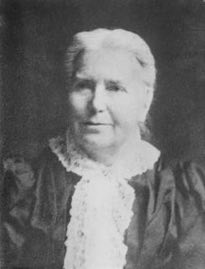 Emily Blackwell
Science
1826
England
1993
Emily Blackwell
Science
1826
England
1993

Emily Blackwell
Sister of Elizabeth Blackwell, was also a physician. Emily ran the infirmary for women and the medical college for women founded by her sister, providing excellent training for women in medicine.
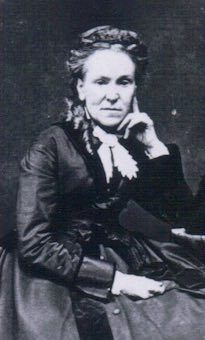 Matilda Joslyn Gage
Humanities
1826
New York
1995
Matilda Joslyn Gage
Humanities
1826
New York
1995

Matilda Joslyn Gage
Best known as the co-author (with Elizabeth Cady Stanton and Susan B. Anthony) of The History of Women’s Suffrage. She served in the National Women’s Suffrage Association and helped form suffrage groups in order to gain the right to vote for women.
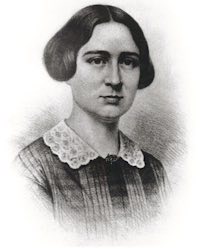 Antoinette Blackwell
Humanities
1825
New York
1993
Antoinette Blackwell
Humanities
1825
New York
1993

Antoinette Blackwell
First American woman ordained a minister by a recognized denomination (Congregational), despite great opposition to women in the ministry. Blackwell was a pastor, mother of seven children, and wrote many books and essays.
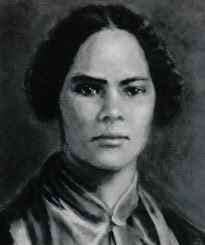 Mary Ann Shadd Cary
Humanities
1823
Delaware
1998
Mary Ann Shadd Cary
Humanities
1823
Delaware
1998

Mary Ann Shadd Cary
An educator and abolitionist, Mary Ann Shadd Cary was the first Black American woman to enroll in and graduate from Howard University Law School. She appeared before the House Judiciary Committee to argue for the right of women to vote (with Anthony and Stanton). During the 1870s, while practicing law, she lectured throughout the United States about the improvement of education for Black Americans.
 Mary Baker Eddy
Humanities
1821
New Hampshire
1995
Mary Baker Eddy
Humanities
1821
New Hampshire
1995

Mary Baker Eddy
The only American woman to found a lasting American-based religion, the Church of Christ (Scientist). Her personal struggles led her to believe in a system of prayer-based healing. In 1908, two years before her death at 89 she started The Christian Science Monitor.
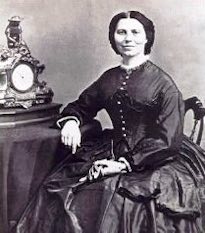 Clara Barton
Science
1821
Massachusetts
1973
Clara Barton
Science
1821
Massachusetts
1973

Clara Barton
Founder of the American Red Cross, Barton ministered to injured soldiers during the Civil War and became known as the “Angel of the Battlefield.” Devoted to the organization, she later took to the field, providing relief in the Spanish American War at the age of 77.
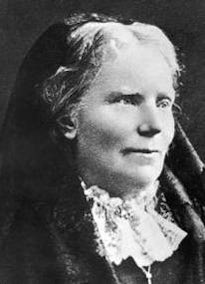 Elizabeth Blackwell
Science
1821
England
1973
Elizabeth Blackwell
Science
1821
England
1973

Elizabeth Blackwell
First American woman awarded an M.D. Blackwell founded the New York Infirmary for Women and Children and the Women’s Medical College, after having been banned from hospitals in New York. She paved the way for women in medicine.
 Susan B. Anthony
Humanities
1820
Massachusetts
1973
Susan B. Anthony
Humanities
1820
Massachusetts
1973

Susan B. Anthony
The women’s movement’s most powerful organizer whose lifetime of dedication, and work with Elizabeth Cady Stanton, paved the way for women’s right to vote. Her words “Men their rights and nothing more; women their rights and nothing less,” expressed the ongoing struggle for equality.
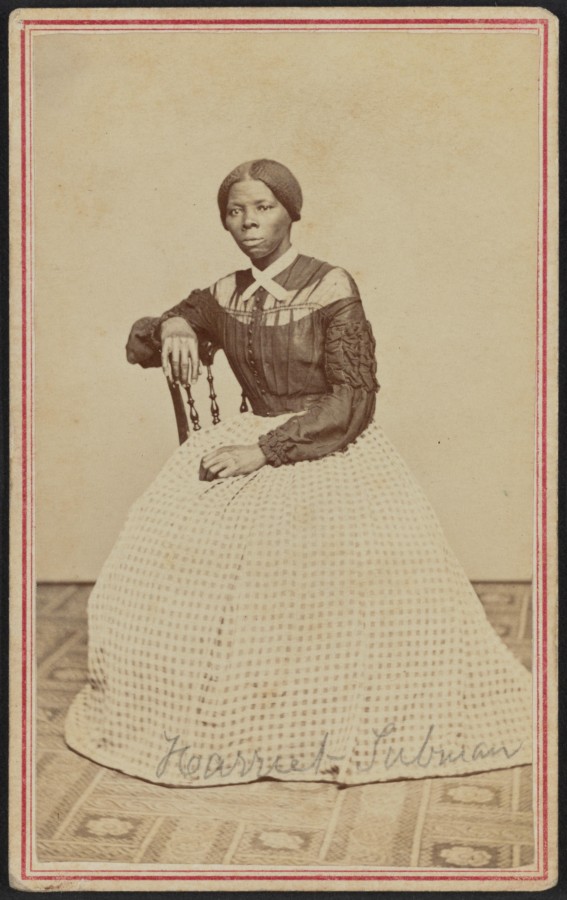 Harriet Tubman
Humanities
c.1820
Maryland
1973
Harriet Tubman
Humanities
c.1820
Maryland
1973

Harriet Tubman
Abolitionist born a slave in Maryland. Fleeing north to freedom, Tubman joined the Underground Railroad as a “conductor” who led people through the lines to freedom. Credited with saving more that 300 people from slavery, she became known as “Moses.” During the Civil War, Tubman organized former slaves into scouts and spy patrols, and after the war worked to help needy African Americans.
 Julia Ward Howe
Humanities
1819
New York
1998
Julia Ward Howe
Humanities
1819
New York
1998

Julia Ward Howe
Suffragist and author of “Battle Hymn of the Republic.” Howe was a lecturer on religious subjects, a playwright and an organizer of a women’s peace movement. Co-founder (with Lucy Stone et al) of the New England Women Suffrage Association, she lectured and wrote extensively in support of the freedom of women to have an equal place with men in both public and private life.
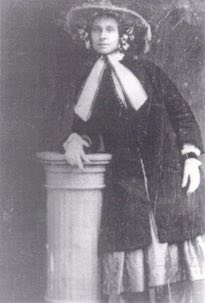 Amelia Bloomer
Humanities
1818
New York
1995
Amelia Bloomer
Humanities
1818
New York
1995

Amelia Bloomer
First woman to own, operate and edit a newspaper for women, The Lily. First published in 1849 in Seneca Falls, New York, it became a recognized forum for women’s rights issues. She often wore full-cut pantaloons under a short skirt, giving birth to the term “bloomers.”
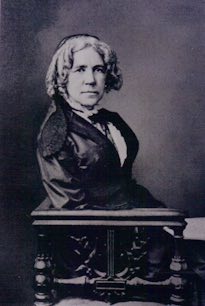 Maria Mitchell
Science
1818
Massachusetts
1994
Maria Mitchell
Science
1818
Massachusetts
1994

Maria Mitchell
An astronomer who discovered a new comet in 1847, Maria Mitchell was the first woman named to membership in the American Academy of Arts & Sciences. She was also a founder of the Association for the Advancement of Women.
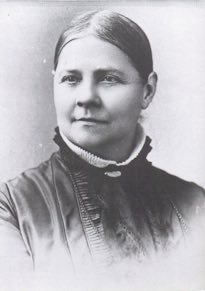 Lucy Stone
Humanities
1818
Massachusetts
1986
Lucy Stone
Humanities
1818
Massachusetts
1986

Lucy Stone
Early suffrage leader who began as an anti-slavery public advocate, followed by a lifetime of work for women’s right to vote. Stone was a sophisticated political tactician and founded The Women’s Journal, a fascinating archive of women’s history published from 1870 to 1893.
